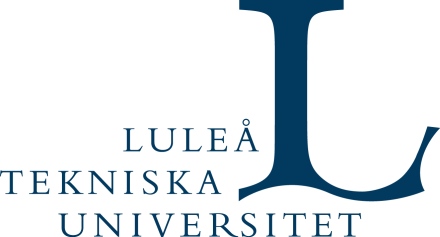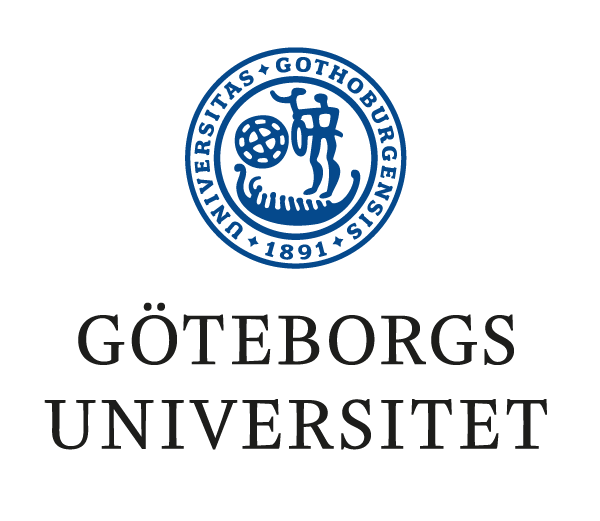The Sustainable Finance Lab is hosting an upcoming SFL research seminar on the topic of An ESG Scorecard for Sustainable Temporary Adaptive Reuse (STAR) in Commercial Stock, lead by Professor Sara Wilkinson (KTH). The seminar will take place November 3rd between 09.00 to 10.00 and is a hybrid event. We are thus very happy to invite anyone who wants to come along and participate in person to come by KTH campus and join us at KTH campus Teknikringen 10B (room Sahara).
This seminar will examine the Sustainable Temporary Adaptive Reuse (STAR) toolkit project and the development of an ESG scorecard for stakeholders to facilitate temporary use.
Date: November 3rd
Time: 9:00 AM to 10:00 AM (CET)
Location: Hybrid Event – Join us on Zoom or at KTH campus (Teknikringen 10B room Sahara)
More on the topic:
“Globally, as we continue adapting to the ‘post Covid’ lockdown world, towns and cities are experiencing different levels of activation. For many office workers, the hybrid working model is an attractive work-life balance option. In Australian capital cities, estimates range between just over 60% to around 80% occupancy of commercial offices based on pre-Covid data. The 2023 Australian job market in much in favour of employees, as retirements and lack of migrants from 2020 to 2022 impact on the availability of labour. To date, this lack of suitably qualified and experienced labour has made employers reluctant to insist on the return to the office five days a week.
The underuse of offices means there is less demand for in-person retail services and less footfall in city cafes, with the result that vacancy in this sector of the property market has increased and, in many cases, rents have decreased as revenues for high footfall retailers has been impacted. The underuse and vacancy in ground floor retail is very visible on the street, further reinforcing the notion that the city has lost vibrancy. Whilst underutilisation of office space is less visible it is very evident to landlords and to authorities deriving revenue from public transport. Whilst local and city authorities endeavour to establish events and initiatives to reinvigorate their communities, planned events are infrequent and it is evident that ongoing solutions are needed.
This seminar will thus examine the Sustainable Temporary Adaptive Reuse (STAR) toolkit project and the development of an ESG scorecard for stakeholders to facilitate temporary use” – Professor Sara Wilkinson
Download the slides for the seminar:






